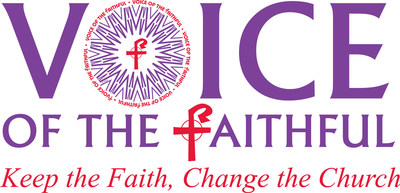Breaking: VOTF Exposes Hidden Financial Realities in Catholic Dioceses Nationwide

Catholic Transparency Watchdog Releases Annual Diocesan Accountability Report
Voice of the Faithful (VOTF), a prominent Catholic lay organization dedicated to promoting institutional transparency, has unveiled its comprehensive 2024 diocesan financial and governance transparency assessment. The detailed reports, meticulously compiled and analyzed, offer an unprecedented look into the financial and administrative practices across the United States Catholic dioceses.
Prior to public release, the organization strategically shared its findings with each diocesan bishop and Chief Financial Officers representing the 176 dioceses within the United States Conference of Catholic Bishops (USCCB).
The 2024 report reveals minimal changes in overall diocesan transparency metrics. The average transparency score remained consistent at 71%, matching the previous year's performance. Notably, the governance score experienced a marginal improvement, inching up from 34% in 2023 to 35% in 2024.
These annual reports continue to serve as a critical tool for promoting accountability and encouraging improved financial management within Catholic diocesan operations.
